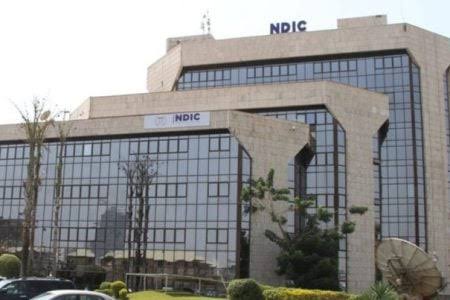The Nigeria Deposit Insurance Corporation has commenced the payment of liquidation dividends to creditors of Premier Commercial Bank, marking a major milestone nearly 25 years after the bank’s closure.
The Central Bank of Nigeria took away the bank’s license on December 20, 2000, because it was financially unstable and broke rules.
Since that time, the NDIC has been in charge of closing it down, leading to the current stage of paying back creditors.
In a public notice, the NDIC announced that affected creditors are invited to visit any NDIC office between June 2 and June 27, 2025, to verify their claims and collect their entitlements.
To complete the verification, claimants must present:
A recent passport-sized photograph
Proof of deposit or shares (e.g., passbook, chequebook, bank statement, or term deposit certificate)
A valid means of identification (such as a national ID card, driver’s license, international passport, NIN slip, voter’s card, or a letter of identification from a local government chairman or traditional ruler)
The payout procedure is intended to guarantee that “verified creditors receive their rightful liquidation dividends” in an open and effective manner, the commission underlined.
Premier Commercial Bank is among 53 deposit money banks shut down between 1994 and 2018, following CBN’s withdrawal of operating licenses due to non-compliance and poor financial health.
As part of the formal dissolution of these organisations, the Federal High Court issued winding-up orders appointing the NDIC as the official liquidator in charge of asset recoveries and creditor settlements.
With this latest development, the NDIC is taking what it describes as a “critical step” in resolving decades-long financial obligations and providing closure to creditors affected by the bank’s collapse.
The Corporation urged all eligible stakeholders to act promptly and ensure they submit complete documentation within the specified timeline to avoid delays in receiving their payments.

